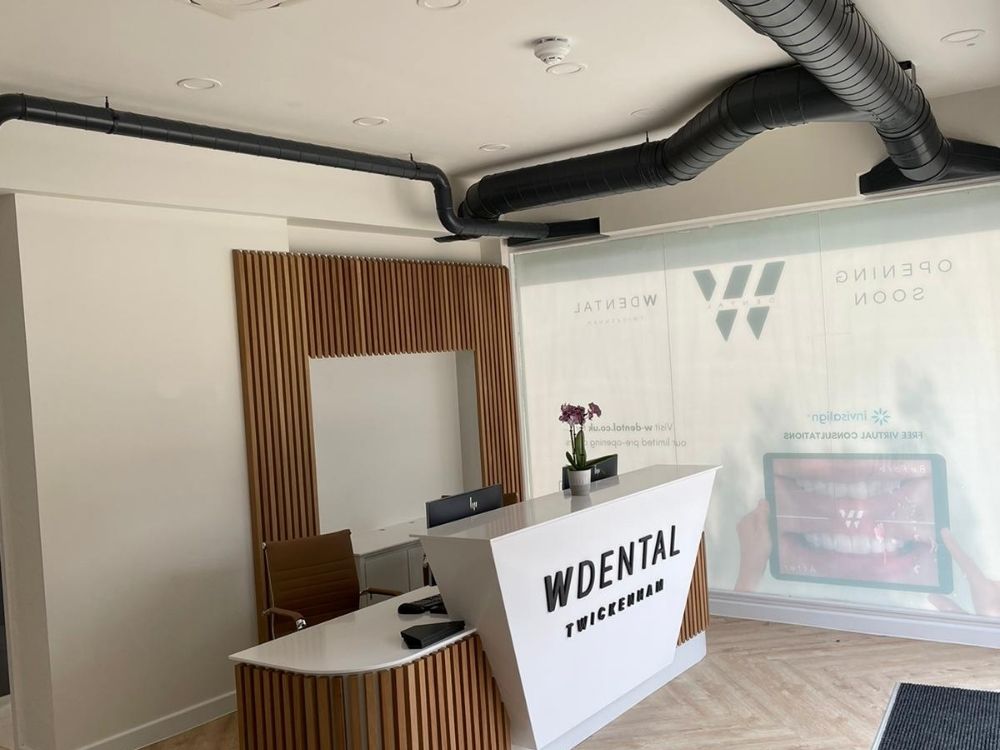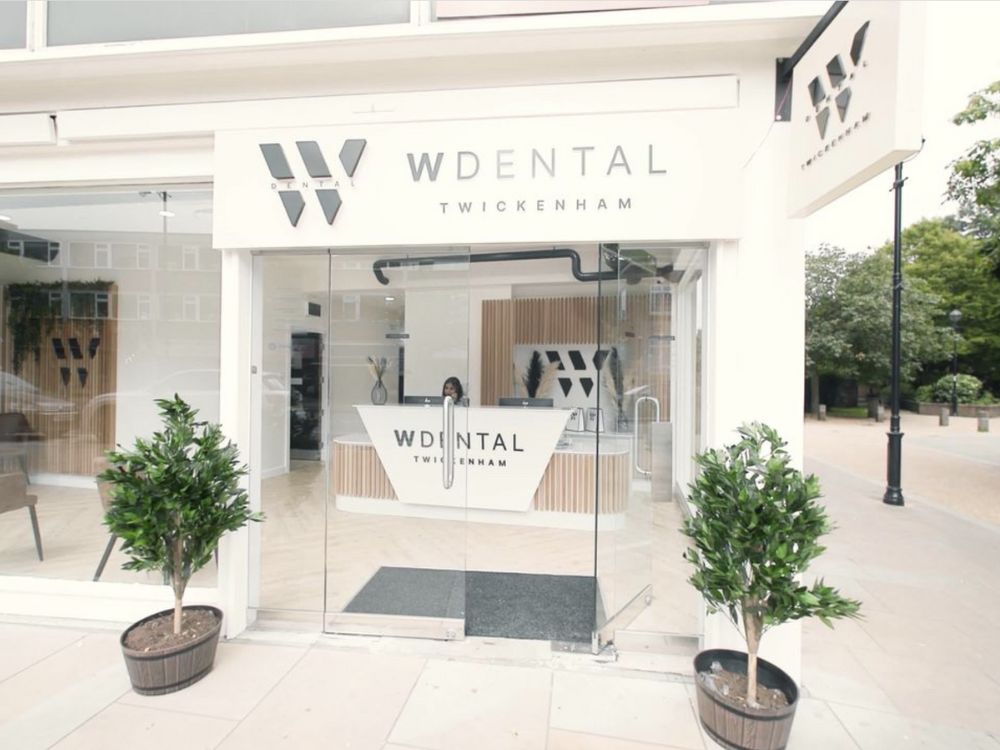Setting up a squat dental practice is an exciting but complex process. One of the most critical decisions is choosing the right property. Location, costs, accessibility, and potential patient demographics all play a key role in the success of the practice.
Below are five top tips for dentists considering a property, followed by a comparative analysis of residential, high street, and commercial properties.
Top 5 Considerations for Property Selection
1. Location and Demographics

- Understanding the local population is essential. Consider the density, income levels, and existing dental provision.
- Proximity to residential areas or workplaces can influence footfall and patient acquisition.
- Investigate the level of competition in the area – too many established practices could make market entry difficult.
- Areas with new housing developments may provide a growing patient base.
- Conduct a demographic analysis to determine the need for specific dental services (e.g. private vs NHS patients, cosmetic dentistry, paediatric dentistry, etc.).
2. Accessibility and Transport Links
- The practice should be easily accessible by public transport and have sufficient parking availability.
- Ground-floor premises are preferable for patients with mobility issues and older patients.
- A location visible from major roads or pedestrian areas can improve marketing reach and walk-in potential.
- Consider traffic patterns in the area – busy high streets may offer great exposure but could make parking more difficult for patients.
- Accessibility is key for compliance with disability regulations and ease of access for all patients.
3. Cost and Financial Considerations
- Assess rental or purchase costs, along with business rates, service charges, and renovation expenses.
- Factor in the cost of compliance with CQC and health and safety regulations.
- Consider the potential return on investment based on patient volume and pricing models.
- Investigate available financial support, such as government grants or tax benefits for setting up healthcare practices.
- Long-term lease conditions should be scrutinised to avoid unforeseen cost hikes.
4. Suitability for a Dental Practice

- Ensure the property meets planning permission requirements (change of use may be necessary for residential or retail properties).
- Evaluate the structural capacity to support dental chairs, X-ray equipment, and necessary plumbing.
- Check for adequate space to comply with decontamination and infection control regulations.
- Consider soundproofing measures, as dental practices involve noisy equipment that may not be suitable for all property types.
- The layout should accommodate reception, waiting areas, treatment rooms, and staff areas comfortably.
5. Scope for Expansion and Long-Term Viability
- Choose a property that allows for future growth in patient numbers and additional treatment offerings.
- Investigate lease terms or ownership conditions to prevent unforeseen limitations.
- Consider nearby developments that could impact the practice positively (e.g., new housing estates, shopping centres) or negatively (e.g., increased competition, declining footfall).
- Expansion potential is crucial if the practice plans to offer specialist services in the future.
- The possibility of subletting part of the property to other healthcare professionals (e.g., orthodontists, physiotherapists) could increase revenue streams.
Comparison of Property Types
Choosing the right property type is crucial for the success of a squat dental practice. Below is a detailed comparison of residential, high street, and commercial properties, outlining their advantages and challenges.

Additional Considerations for Setting Up a Squat Dental Practice
Legal and Regulatory Requirements
- CQC registration is a mandatory requirement for any dental practice in the UK.
- Planning permission might be required depending on the type of property.
- Fire and safety regulations must be adhered to, ensuring that the premises meet NHS and GDC compliance requirements.
- Employment law considerations for hiring staff, including contracts, health and safety policies, and DBS checks for employees.
- Data protection (GDPR) policies must be in place for handling patient records securely.
Marketing and Branding Considerations

- Branding is essential for attracting new patients, particularly in locations with limited walk-in traffic.
- Digital marketing strategies, including local SEO, social media presence, and online booking systems, should be considered.
- Visibility and signage regulations may affect high street and commercial properties differently.
- A well-located practice can be complemented by effective community engagement and referral networks.
Technology and Infrastructure Needs
- Reliable internet and telecommunication systems are necessary for online bookings and digital X-rays.
- Backup power supply for essential dental equipment should be considered.
- Integration of dental software for efficient patient management and record-keeping.
Each property type has its advantages and drawbacks, making the choice highly dependent on the dentist’s target market, budget, and long-term vision. High street locations provide immediate visibility but come with higher costs, while residential properties offer affordability but require planning permission and may lack accessibility. Commercial properties offer space and potential for expansion but need strong marketing to build a patient base.
When selecting a property, dentists should conduct thorough market research, consult property and legal experts, and ensure compliance with NHS and CQC regulations. Financial planning is essential, as start-up costs can be significant, and securing financing may be necessary.
The right location will not only define the patient experience but will also shape the long-term success of the practice. By carefully evaluating the property options and considering growth potential, accessibility, and cost-effectiveness, dentists can make a well-informed decision that ensures a thriving and sustainable practice.
At Excel Building contractors, we have years of experience helping aspiring dental practice owners create their dream dental squat practice, including invaluable assistance in the early stages of selecting the right property. For more information, please contact us for an initial chat.

